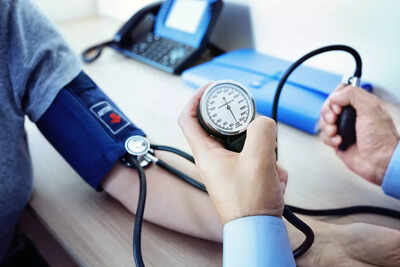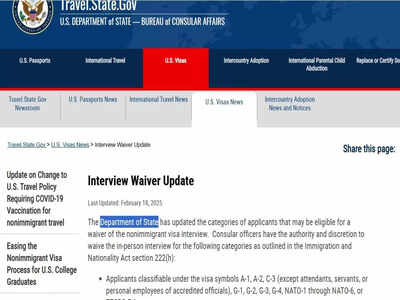About 1.28 billion adults (aged 30–79) have high blood pressure globally, according to the 2023 data. What’s more alarming is that an estimated 46% of adults are unaware that they have high blood pressure, according to the WHO. High blood pressure, or hypertension, often called a silent killer, is one of the leading causes of chronic illnesses, including heart disease, stroke, and kidney failure. Lack of any symptoms or noticeable symptoms is what makes this condition especially dangerous. Although high blood pressure often has no symptoms, some people may experience warning signs. These signs may often mimic common health issues; however, with a bit of observation, you can find them. Here are seven common symptoms of high blood pressure and ways to identify them. Headaches

According to the WHO, severe headaches are a crucial sign of high blood pressure. If you experience headaches, especially in the morning, it can be a sign of elevated blood pressure. Never ignore them, especially when it’s persistent. People often describe it as a dull, throbbing, or a feeling of pressure around the head.Chest pain

One of the most common signs of elevated blood pressure is chest pain. People may experience a sensation of pressure or discomfort in the chest area. This could also be a sign of other pressing health concerns, including a heart attack or heart disease. Sudden, severe pain in your abdomen, chest, or back is a crucial sign. So, you must seek immediate medical attention if you experience chest pain.Dizziness

Feeling lightheaded or dizzy is a significant sign of elevated blood pressure, which is often overlooked. This symptom is common for many ailments. So, how do you find out if it is due to high blood pressure? If you feel like fainting or are unsteady, especially when standing up quickly, it is a sign that your high blood pressure is affecting blood flow.Difficulty breathing

Shortness of breath is one of the most common signs of high blood pressure. If you have difficulty breathing, even while doing mild activities (like daily chores) or resting, it is a sign of heart strain, due to high blood pressure.Nausea

Feeling sick to your stomach could be more than an upset digestive system. Nausea and vomiting can sometimes be a critical sign of elevated blood pressure. If this sign is accompanied by other symptoms of hypertension, you should be cautious.Blurred vision

Any changes in the vision should not be dismissed. Changes in vision, including blurriness, spots, or double vision, could be a sign of elevated blood pressure and related damage to the eyes. High blood pressure can cause damage to the delicate blood vessels in the eyes by restricting proper blood flow and oxygen supply to the retina. This can lead to changes in vision. If this vision change is sudden and then persists, it’s important to consult a doctor.
Anxiety and confusion

Yes, elevated blood pressure can make you confused. It can trigger anxiety, which can be easily mistaken for everyday stress. When the blood pressure is high, it can lead to reduced blood flow to the brain or cause damage to tiny blood vessels. This can result in symptoms such as mental fog, memory problems, and slowed thinking. You should not ignore these cognitive changes, even if they are subtle. Because if the blood pressure continues to be uncontrolled, it can worsen these symptoms. If you notice these signs and symptoms, it is important to consult a doctor. High blood pressure can significantly affect your health and overall well-being.Disclaimer: This information is for educational purposes only and is not intended to replace professional medical advice, diagnosis, or treatment. If you have any health concerns, consult a qualified healthcare provider.






